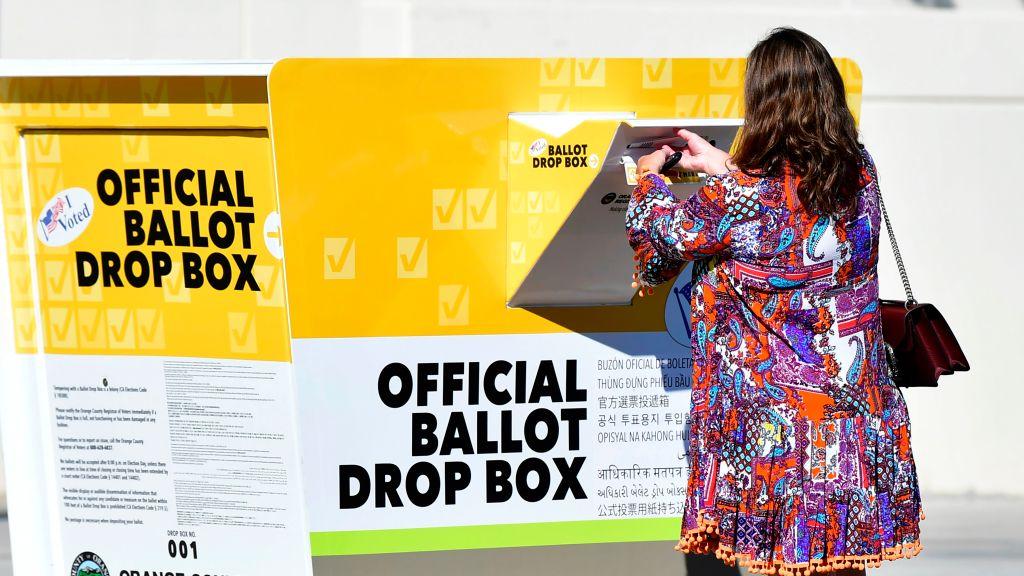Ballot drop boxes are a controversial component of post-2020 election integrity efforts in state legislatures with Republicans in Georgia and Arizona proposing bills seeking to ban them altogether.
“Drop boxes were never meant to be a long-term way to vote. They were an emergency response and that emergency is not in effect anymore,” Georgia Senate President Butch Miller (R) told The Epoch Times.





